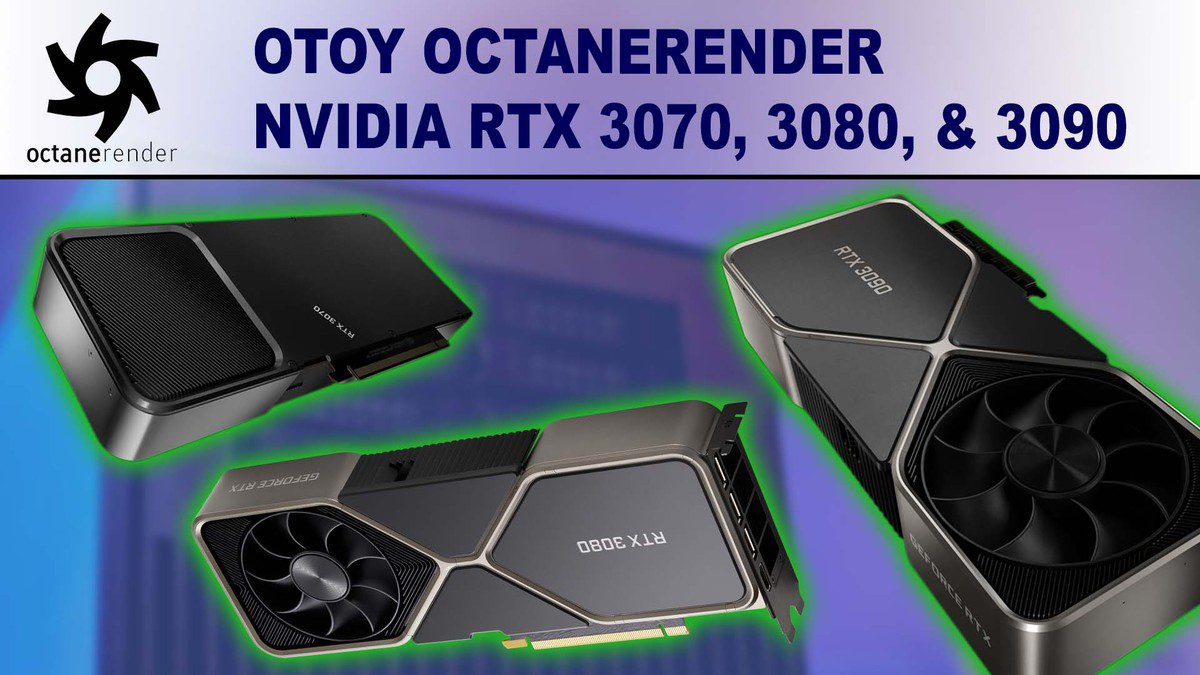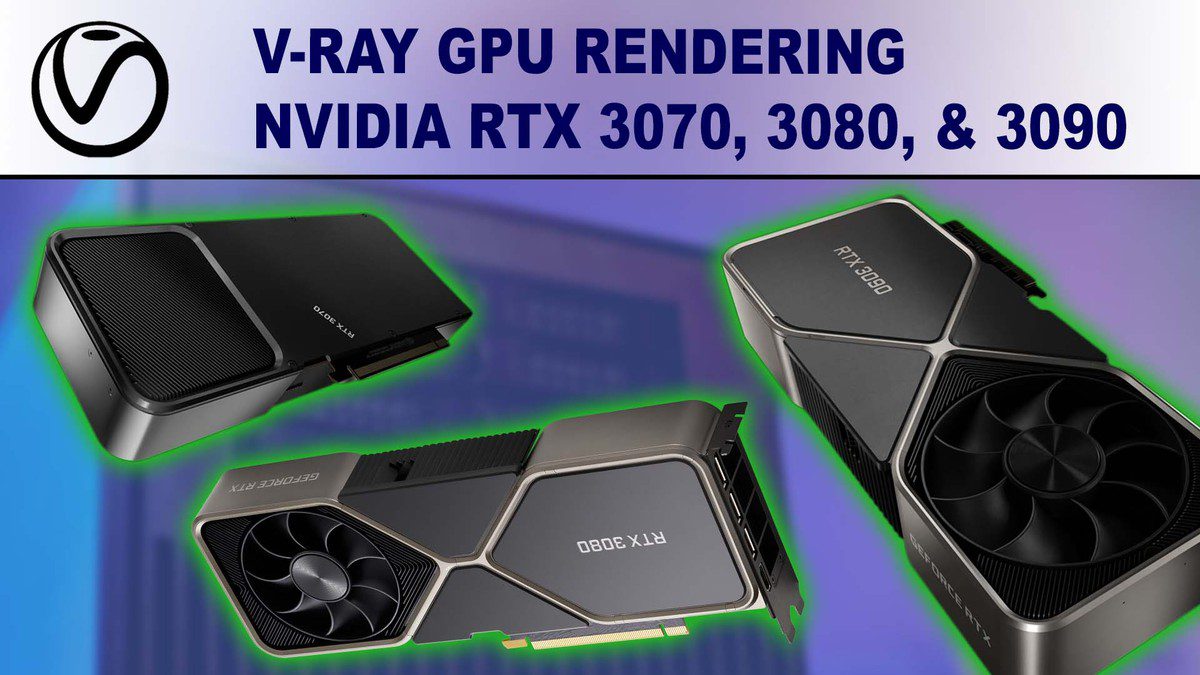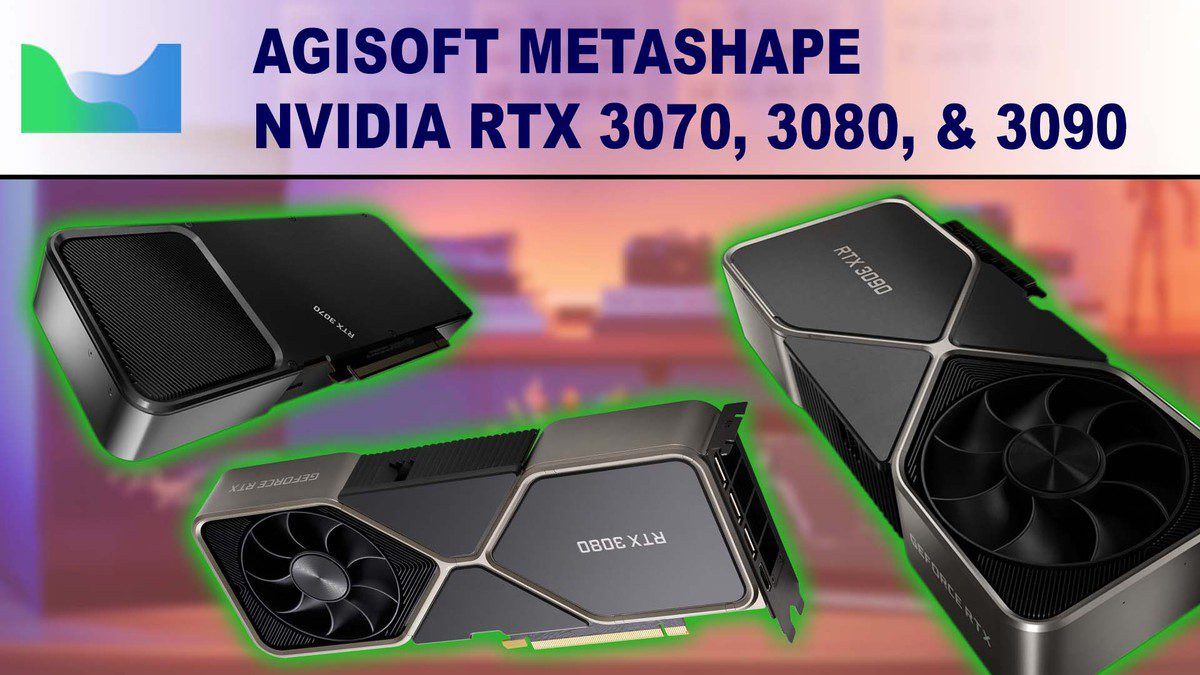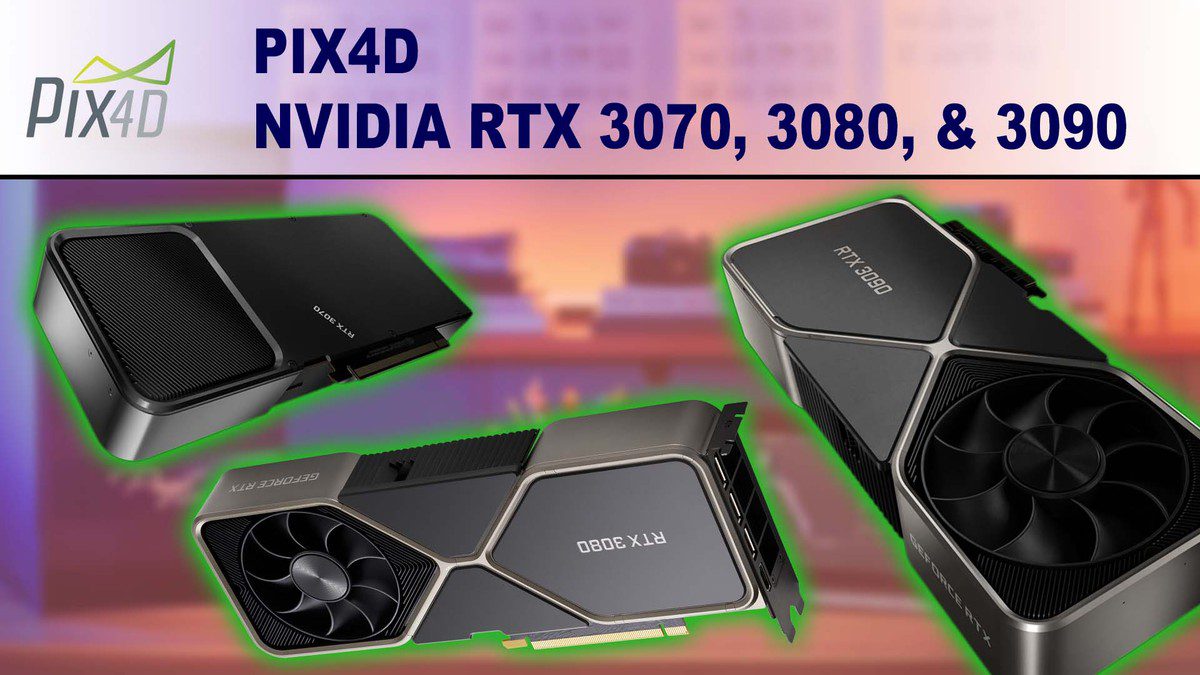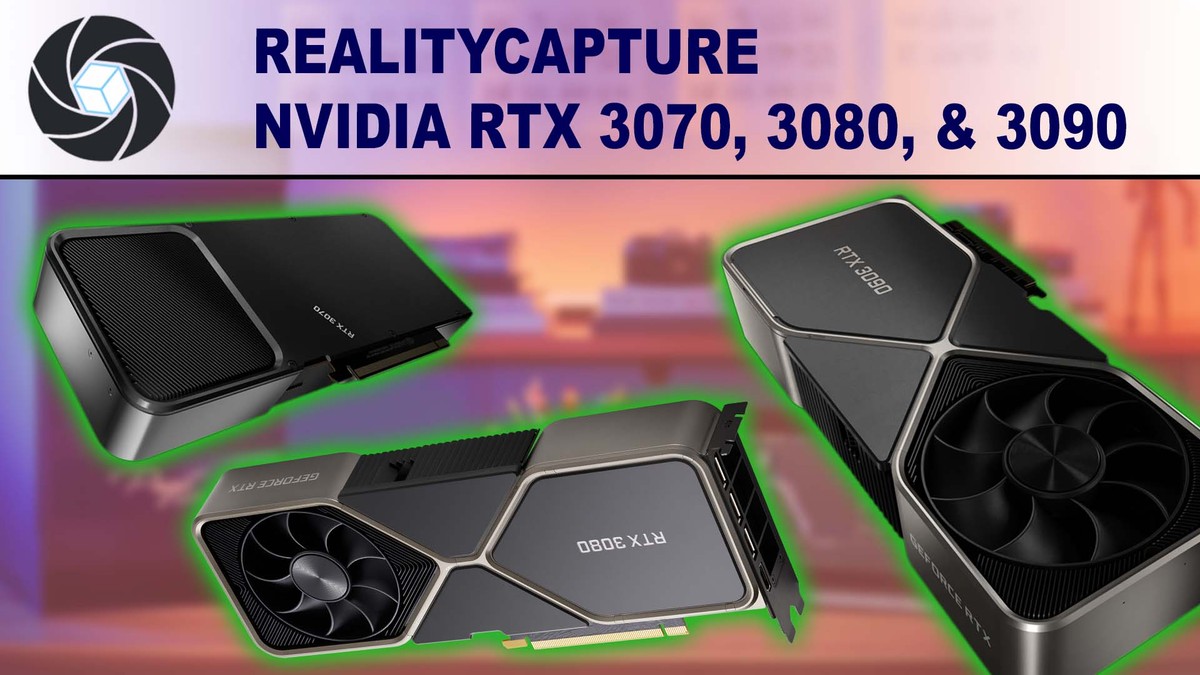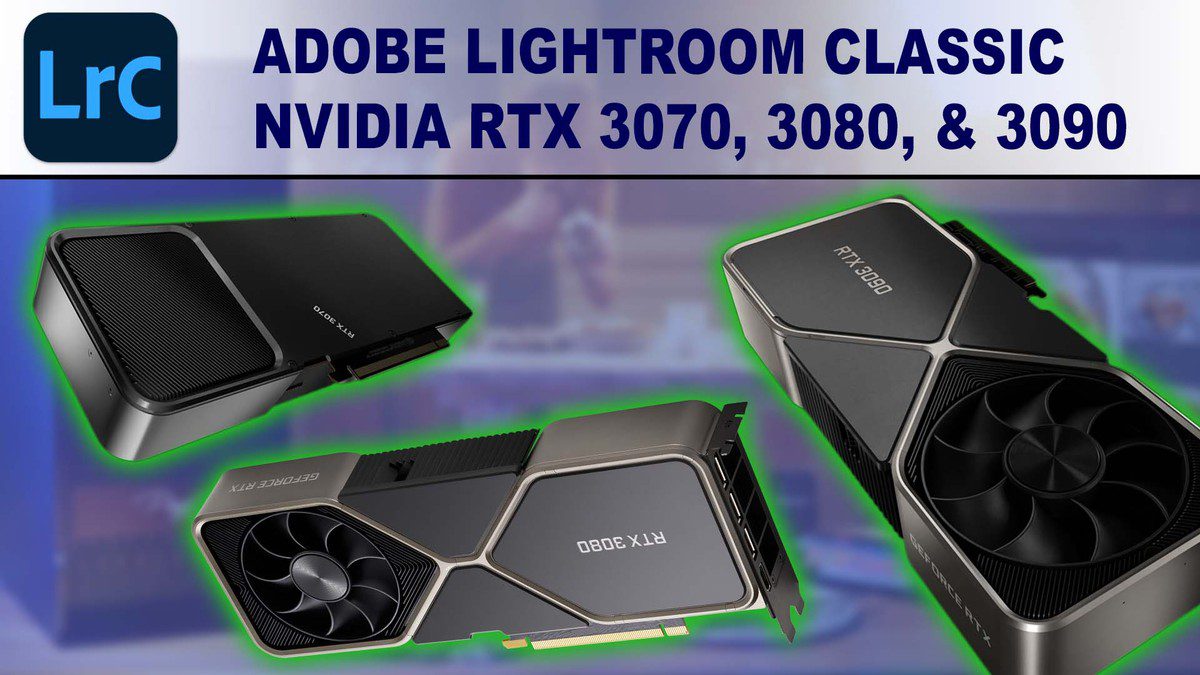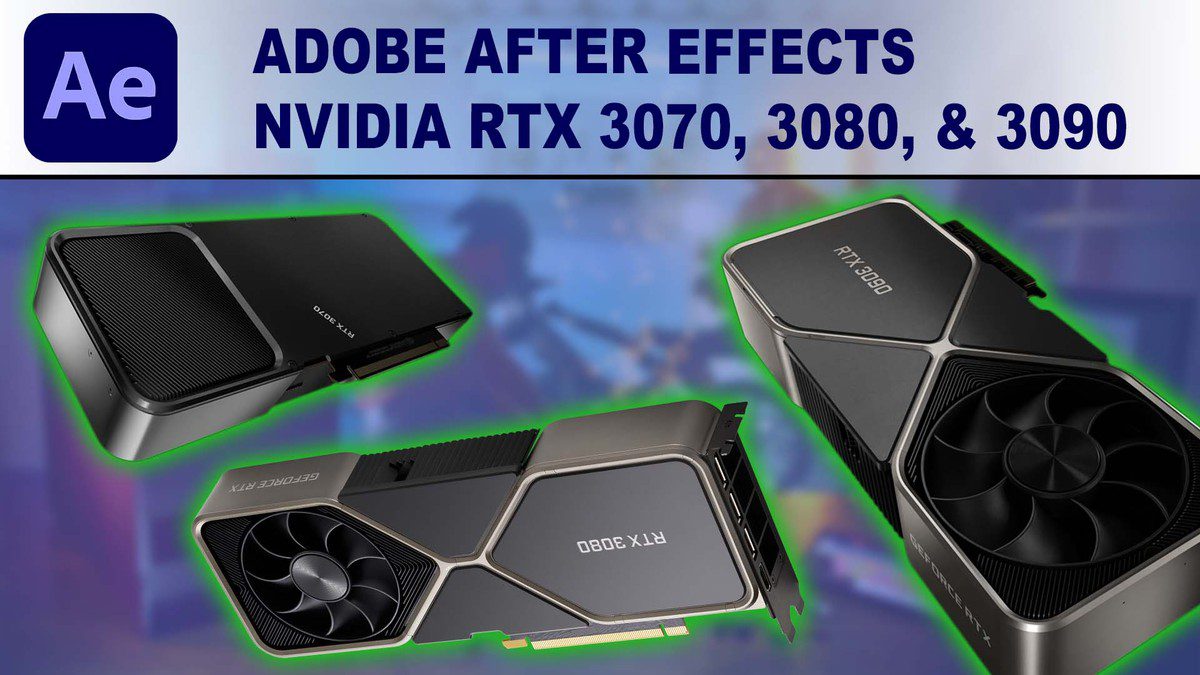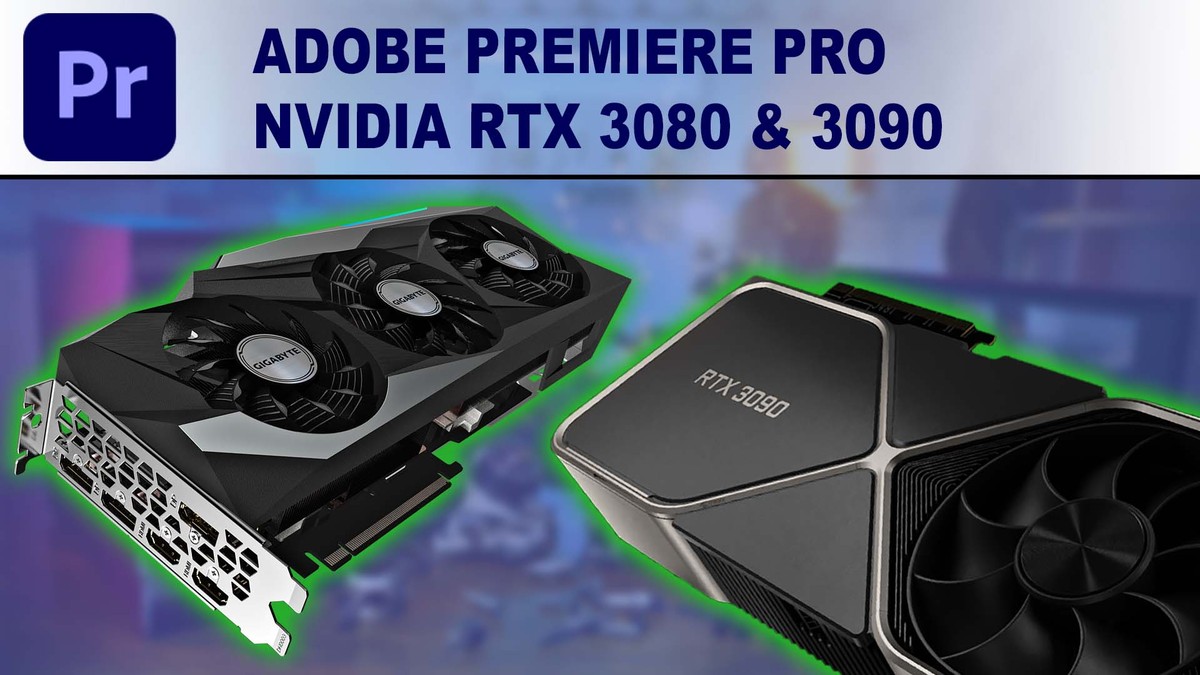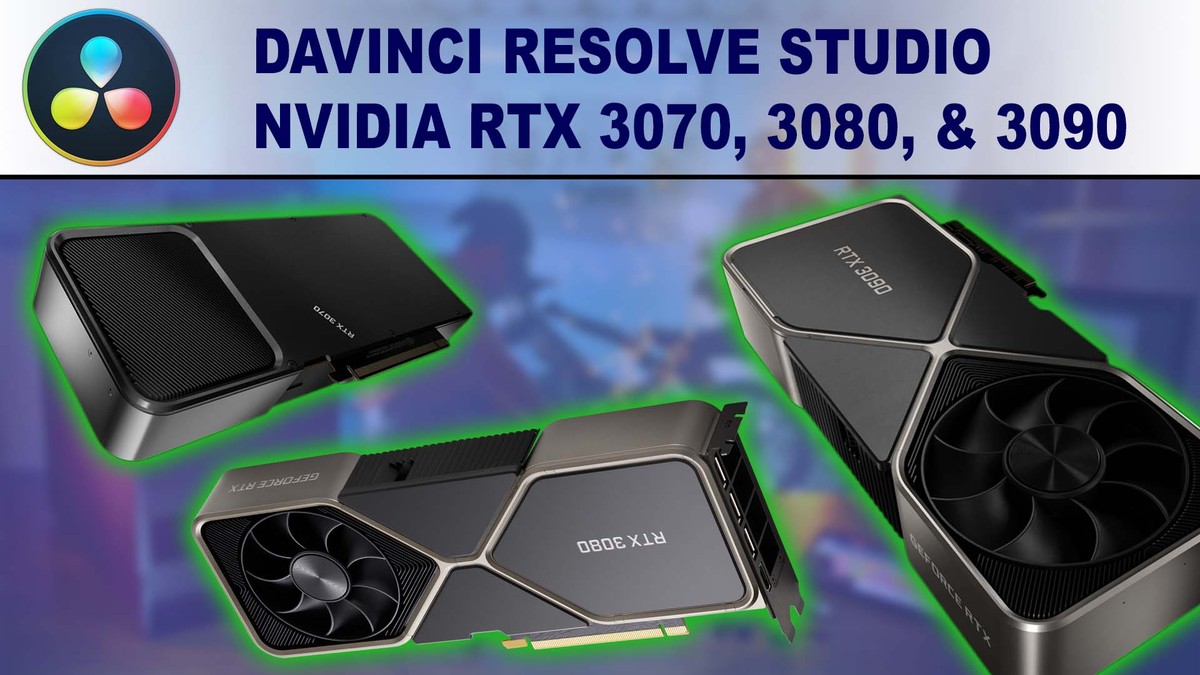With the first three models in NVIDIA’s GeForce RTX 30 Series now available, how do the RTX 3070, 3080, and 3090 stack up? In this article we take a look at how they compare to each other as well as the previous generation of GeForce and Titan cards in OTOY’s OctaneRender.
